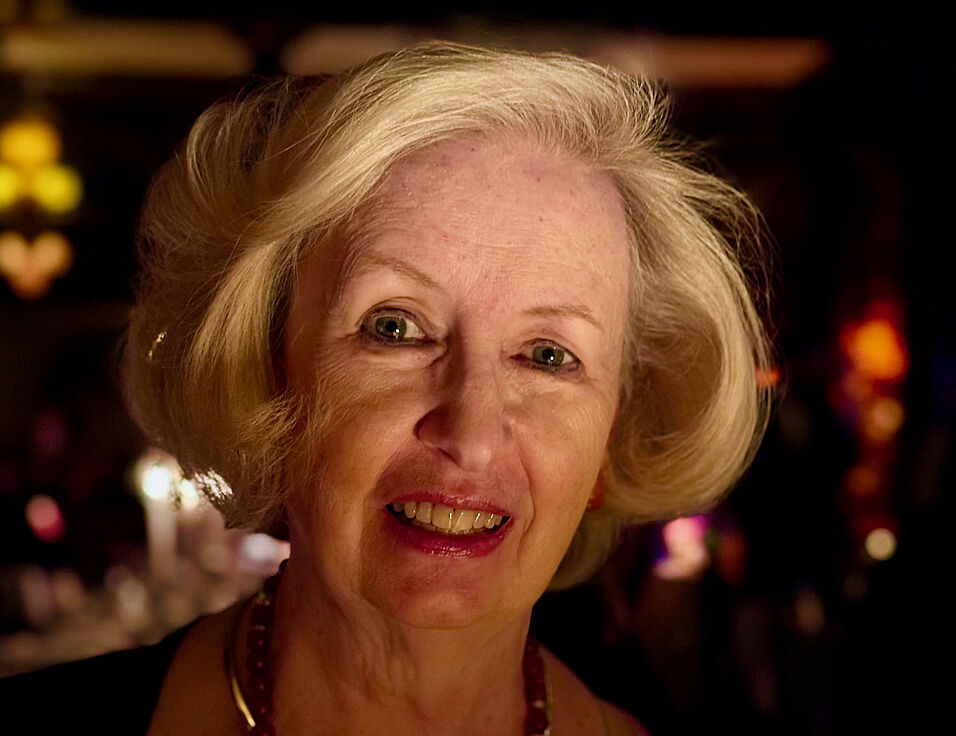Freitag, 28. März 2025 – 15:00–18:00 Uhr – Seminarraum 1
Herzliche Einladung zur Common Hour für Alte Musik mit Gast Anne Walters Robertson (University of Chicago). Wenn Sie nicht ohnehin auf dem Verteiler für die Common Hour stehen, bitten wir um Anmeldung bei Sonja Tröster.
Abstract
No song in the fifteenth century was more popular than Fortuna desperata. Its many incarnations include settings of the tune, ensemble derivations, keyboard compositions, and six masses, representing the work of more than fifteen composers from Flanders, Germany, and Italy. For all its renown, however, we still do not understand what the song means in these pieces. My talk will show: 1) how Jacob Obrecht drew on the most cherished and influential philosophical treatise of the middle ages and beyond, Boethius’ Consolation of Philosophy, as read through its late medieval commentaries in his Missa Fortuna; and 2) how Josquin des Prez’s mass on Fortuna was inspired by another landmark work, Guillelmus Durandus’ famous Rationale divinorum officiorum.
Uncovering Obrecht’s source of inspiration allows us to grasp the symbols in his mass. Boethius’ glossators name virtue as the antidote to Fortune, demonstrating that “virtue stands in the middle” (“virtus consistit in medio”) between “fortune” that is too favorable or too unfavorable to avoid “despair” (“fortuna . . . in desperationem”). Obrecht, too, expounds on Boethius, albeit in music as well as text. He uses these same words in his cantus firmus (Fortuna desperata) and in the canon of his Gloria and Credo (“in medio consistit virtus”), and he employs backward-then-forward musical motion to illustrate “virtue in the middle,” imitating images of Fortune with two faces and analogous depictions of the virtues and vices.
Connecting Obrecht’s mass to Boethius’s Consolation suggests how other important books influenced the Missa Fortuna desperata tradition. Liturgical commentator Guillelmus Durandus describes a season of desperation (desperatio), namely, the seventy days of contrition extending from Septuagesima Sunday until Easter. The Genesis readings on the Fall and the Flood for these days supplied Josquin des Prez with the canon “be fruitful and multiply,” found in the Agnus dei of his Missa Fortuna. It appears that Obrecht’s and Josquin’s works were intended to be sung during this penitential period, a time of theological and social reversal that is reflected in Josquin’s inverted musical motion and Obrecht’s retrograde tenor movement. Finally, the poem that accompanies Boethius’ and his commentators’ teachings on virtue recalls the multifaceted heroism of the mythical Hercules. Does this poem hint intertextually at the demi-god’s namesake—and Obrecht’s patron—Duke Hercules d’Este I of Ferrara?

